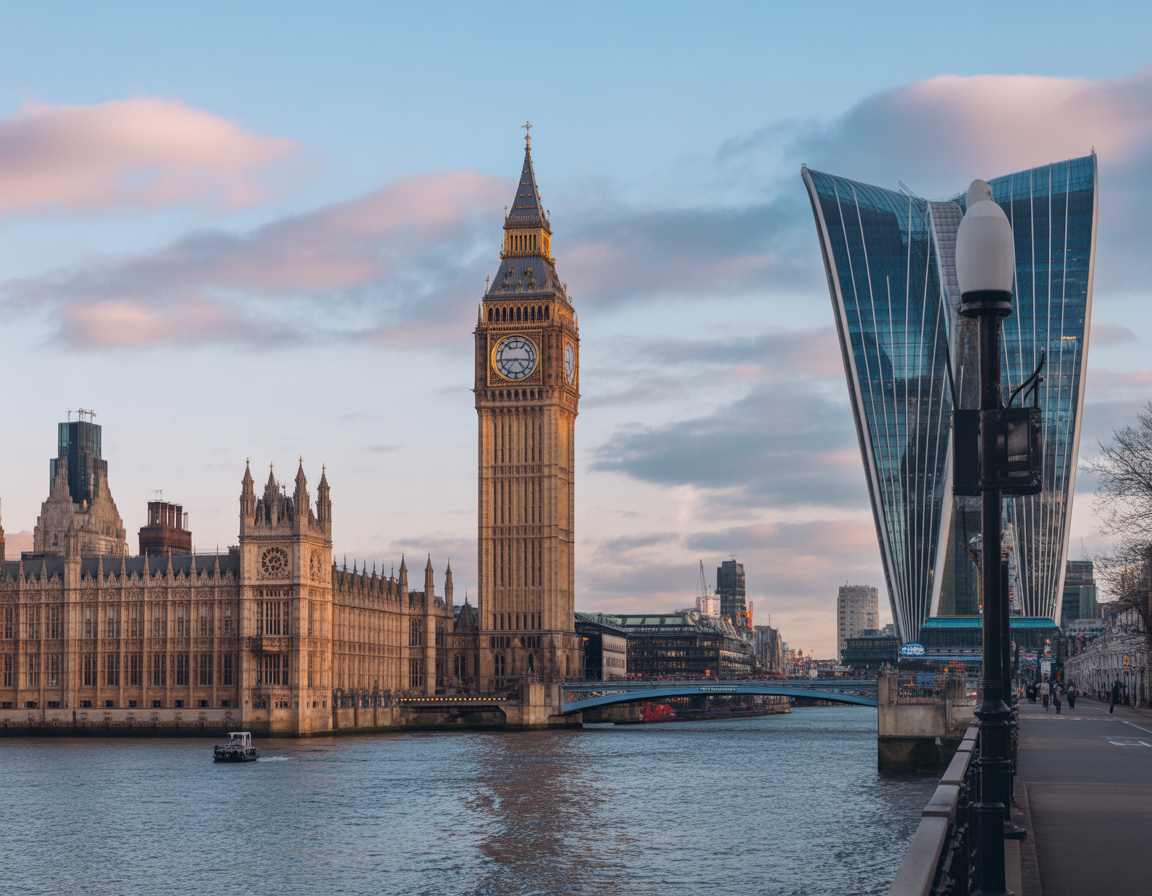How Tourist Tax Influences UK’s Tourism Economy
Tourist taxation policies, particularly the absence of tax-free shopping in the UK, have led to significant economic challenges. The UK faces a diversion of estimated £2 billion in spending annually to competing European cities like Paris, Milan, and Madrid, which offer attractive tax advantages to international shoppers.
This shift impacts not only London but also affects the hospitality, cultural, retail, manufacturing, and logistics sectors nationwide.
The Potential of Restoring Tax-Free Shopping
Reintroducing tax-free shopping could be a game-changer for the UK tourism economy. Offering VAT rebates to all European Union residents and global visitors would create a unique competitive edge unmatched by any other European country.
Analysis estimates that this could generate approximately £3.65 billion annually from EU visitors and an additional £2 billion from the rest of the world. Such influx in spending could translate into about 73,000 new jobs across the UK, especially benefiting regions outside London.
Why Shopping Drives International Visitor Spending
Shopping constitutes roughly 25% of the international visitor spending, surpassing hotels, restaurants, or transportation. For every pound visitors spend tax-free, they typically spend an extra £4 on VAT-rated goods and services like dining, entertainment, and tours, producing a net positive effect on government tax receipts.
Calculations show that restoring tax-free shopping could increase VAT revenues by more than £500 million annually — a rare policy that offers a trifecta benefit by boosting jobs, investment, and tax income.
A History of Tax-Free Shopping and Its Influence on Tourism
Historically, tax-free shopping has been a powerful incentive for international tourists, encouraging more substantial spending and longer stays. Many countries in Europe have capitalized on this, using VAT rebates to attract luxury shopping tourists and enhance their visitor economies.
The UK’s departure from such policies has left it at a competitive disadvantage. For decades, British tourism thrived on its rich heritage, culture, and retail experiences; however, rising tax burdens on tourists have shifted spending behaviors towards neighboring destinations.
Lessons from European Competitors
Destinations like Paris and Milan benefit not only from luxury boutiques and well-established shopping districts but also from tax policies that directly rebated tourist expenditures, creating a virtuous circle of spending and investment. This dynamic has fostered job creation and regional economic development in these countries.
Future Outlook: Implications for UK Tourism and Regional Development
If implemented, reintroducing tax-free shopping would stimulate investment across multiple sectors — retail, hospitality, cultural venues, and transport — thus supporting regional economies beyond London.
| Ekonomický dosah | Estimated Value | Key Benefits |
|---|---|---|
| Additional Annual Spending | £5.65 billion total (EU + Global) | Boosts retail and related services |
| Job Creation | Approx. 73,000 new jobs | Supports regional employment growth |
| Additional VAT Revenue | Over £500 million annually | Increases public finances |
Support from Business Leaders
Over 500 business leaders from major retailers and cultural organizations have urged policymakers to reconsider tax-free shopping policies as a step essential to reclaim Britain’s global retail allure and tourism edge.
The Strategic Role of Tourism Taxes
- Tax policies influence tourist choices. Countries offering tax rebates attract higher spending.
- Taxes can stimulate or hinder growth. Thoughtful tax legislation benefits local economies without discouraging visitors.
- Tourism multiplier effects matter. Spending by tourists circulates through multiple local sectors creating broader economic benefits.
Summary: A Path Forward for UK Tourism
The UK possesses a unique blend of heritage, culture, and international influence, positioning it as a top global destination. However, the lack of tax-free shopping reduces its competitiveness, pushing visitors to look elsewhere for better value shopping experiences.
Restoring VAT rebates would not only bring immediate economic gains but also enhance visitor satisfaction, support regional destinations, and encourage new investments in retail and leisure sectors.
GetBoat.com remains attentive to such developments in the global tourism economy, particularly for marine destinations where the synergy of shopping, cultural experiences, and yachting activities enrich visitor stays. The revival of tax-free shopping could ultimately influence the broader ecosystem that supports international travel, boating, and chartering activities, encouraging more vibrant tourism industries and creating opportunities for boat rentals, marina visits, and ocean adventures around the UK’s coastal resorts.
Explore how these evolving tourism policies may impact the choices of yacht enthusiasts and boaters looking for engaging destinations with vibrant oceanfront commerce and cultural richness. For those interested in renting sailing yachts or boats, the growing spending power and tourism appeal will likely support more lively marinas and waterfront activities across Britain’s coasts.
For comprehensive and diverse sailing options in regions affected by such tourism dynamics, services like GetBoat.com offer an extensive marketplace for chartering boats that cater to all preferences and budgets, complementing enhanced tourism experiences along the seaside and lakeside.

 The Economic Impact of Tourist Tax and Tax-Free Shopping in the UK">
The Economic Impact of Tourist Tax and Tax-Free Shopping in the UK">
